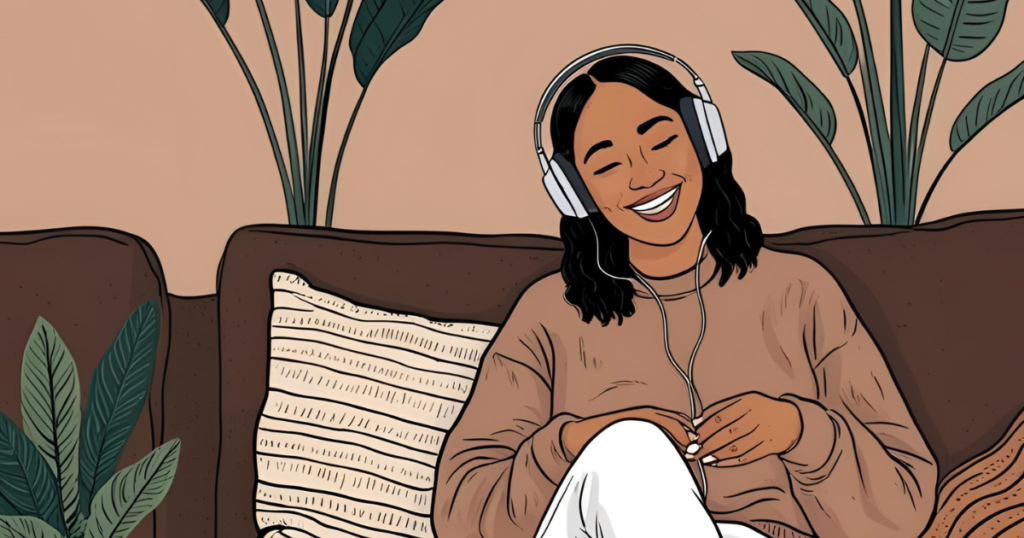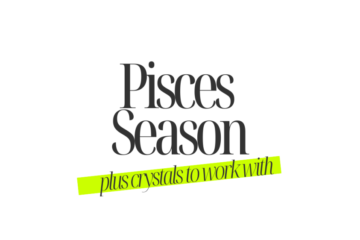“I’m an Introvert and I Still Have to Work With Humans—Now What?” Socializing as an Introvert 101!
I came across a Reddit post about socializing as an introvert where someone was worried they’d never succeed in their career because they’re introverted and “just suck at socializing.” And honestly? I beg to differ.
I wanted to say, “Gurl, you’re just in the wrong crowd,” but I get it. The workplace can feel like it’s built for extroverts. Still, being introverted doesn’t mean you’re doomed—it just means you need to play a different game. And good news: you can totally win without having to constantly “people.”
Being an introvert in a world that thrives on meetings, small talk, and Slack pings can feel like being a cat at a dog show. But here’s the thing: you can absolutely thrive socially without selling your soul. All it takes is managing your energy like it’s your bank account—and baby, we are not overdrafting. Here’s what I suggested to OP:
Socializing as an introvert: Honor your need for solitude
Alone time isn’t just a want; it’s a biological requirement. Think of it like charging your phone—you wouldn’t jump into a Zoom call at 2% battery, right?

As an introvert myself, solitude is sacred.
I’ll take an offset day after a draining high-level meeting. Why? Because restoration is the ROI on my sanity. It’s not avoidance—it’s strategy.
Giving yourself the permission for a dedicated downtime allows you to:
- Process conversations and interactions from previous social engagements
- Reflect (maybe overthink? Sure) on what went wrong, and how to make it better. Let’s just call it reverse engineering.
- Prepare mentally for upcoming social commitments
Just as athletes need recovery days to perform at their peak, introverts need solitude to maintain their social stamina. It’s both self-care and self-preservation. As a result, you’ll show up better in future social situations.
Boundaries are your besties
You can show up and still draw healthy boundaries that protect your well-being and social energy. Being present doesn’t mean sacrificing your need for balance.
For example: company outings. I dread it.
But here’s how I strategize in socializing as an introvert:
I’ll intentionally travel ahead of the group so I can thoughtfully scope out a quiet spot, mindfully sip my barako coffee in peace, and take a moment to exhale and center myself before the social circus begins.

This strategic approach allows me to participate while honoring my needs.
It might seem extreme to some, but hey, radical self-care sometimes looks like a solo lunch by the sea, and that’s perfectly okay. What does radical self-care looks like to you? Maybe all it takes it to honor that and ditch the shame just because it’s not how it looks like for others.
Overall, boundaries aren’t rigid walls meant to isolate – they’re carefully designed filters that serve an important purpose.
They don’t exist to keep people out or push them away; rather, they help preserve and protect your precious energy so you can show up as your best self when you do engage.
Negotiate with yourself, not just with others
Required to attend meetings but you’d rather work?
You’re allowed to say yes—with conditions. Setting clear expectations about your participation isn’t being difficult—it’s being strategic. This way, you maintain strong professional relationships without compromising your energy.
Wanting to say no but you fear coming off as unprofessional?
In socializing as an introvert, you can reframe that NO by expressing what’s your YES.
For example, instead of saying,
No, I can’t make it to the team lunch
try:
Yes, I’d love to join a smaller group coffee chat next week.
Or instead of:
No, I’m not available for impromptu meetings,”
say:
Yes, I can schedule dedicated time for focused discussions during my peak energy hours.
You can absolutely be direct—and unapologetically so. Just don’t forget to negotiate.
Take OP’s case: she dreads the 1-hour alignment meeting because half of it spirals into off-topic gossip. A response like this works:
1-hour alignment meeting? Sure. But I’m skipping the chit-chat—unless there’s pizza, and even then, I’m grabbing a slice to-go. We can schedule a focused follow-up tomorrow when I’ve got more energy.

That kind of honesty might ruffle a few feathers—and that’s okay.
If you lose connections because you’re setting boundaries, take it as the universe doing a bit of quality control.
Real friends and collaborators won’t be shaken by your directness—they’ll respect it. The rest? Never your people to begin with.
It’s not about being difficult; it’s about being deliberate. You get to co-create how you engage.
Make recovery non-negotiable
Just like extroverts naturally gain energy from social interactions and thrive in group settings, introverts tend to spend their mental and emotional energy during these same situations, making it crucial to restore that energy afterward.
That’s why after any form of social engagement or interpersonal sprint, I make sure to refuel deliberately and consciously through a series of restorative practices:
- Put my phone on Do Not Disturb to create a protective bubble of uninterrupted peace and quiet. If you’re on iPhone, tweak your Focus settings accordingly.
- Turn my brain off from Slack mode and temporarily disconnect from the constant stream of work-related notifications and demands
- Swap the mindless newsfeed doomscrolling with intentional self-care activities—whether that’s a slow, grounding yoga flow to reconnect with my body, or surrendering to a luxurious full-on nap. Do not underestimate what you can do within just 10 minutes.

Remember to let yourself fully bounce back without an ounce of guilt or self-judgment. This isn’t laziness or antisocial behavior—it’s essential maintenance for your social battery, and you’ve absolutely earned this restorative time.
Stop resisting and start flowing
Here’s the sneaky trap that catches many introverts: resistance is your biggest energy drainer. And you wouldn’t even realize it until someone points it out.
Think about it: You likely waste precious mental and emotional energy anticipating and dreading social interactions, running through worst-case scenarios, and building up anxiety about meetings that might only last 30 minutes.
You’ve probably caught yourself repeating the narrative that you’re “bad at socializing” or “just not good with people” when in reality, you’re actually skilled at understanding and protecting your energetic boundaries.
When I notice myself getting tense before a video call or team sync, I’ve learned to pause and deliberately shift my mindset. So I tell myself (this is no different with affirmations):
I can do this. I will show up as my best self.

The key is to embrace presence instead of feeding into resistance. By accepting each interaction as it comes rather than fighting against it, you naturally preserve more of your precious social energy. This simple mindset shift can transform how you experience workplace socializing.
Turn conversations into play
Socializing doesn’t have to feel like climbing Mount Everest without equipment. Let me share one of my favorite introvert-friendly strategies that has transformed how I approach workplace interactions:
Instead of dreading the classic “So, how was your weekend?” small talk, flip the script—ask better questions.
Keep a mental stash of thought-provoking prompts that actually interest you. Got an existential question that kept you up at 3 AM? Drop that into a team chat. Curious about people’s dream superpowers or their most unexpected life lessons? Throw it out there.
These kinds of questions do two magical things:
- They spark richer, more meaningful conversations.
- They let you steer the discussion into your comfort zone—without needing to carry the convo.

You don’t have to be the loudest voice in the room. You can be the conversation architect—the one who sets the tone, asks the interesting questions, then listens while the extroverts talk. You save energy and build real connections in the process.
You’re probably better at this than you give yourself credit for. All it takes is one good question to change the vibe of the room. Asking questions is also communication.
Socializing as an introvert means reframing what “showing up” means
You don’t need to maintain a constant state of social engagement or feel pressured to be “on” 24/7. However, when specific situations genuinely require your presence and participation—yes, you absolutely can show up and contribute meaningfully.
And when those moments arrive, remember to engage authentically by doing it your way, in a manner that feels natural and sustainable for your personality type.
And afterward? Make recovery your top priority and treat it with the same level of importance as any other professional responsibility.
Recover like your life depends on it. Because it does!
Your ability to recharge directly influences your future performance and overall workplace well-being.

Final thoughts: socializing as an introvert is just energetic alchemy
You’re just wired for depth, not noise. And depth is an important part of the communication process that we underestimate. You have this power, and all it takes is only for you to leverage it.
Required to socialize? Sure. But then make space to recover. You don’t have to do it like everyone else—you only need to honor your process, so you can show up in a way that’s both effective and sustainable.
You’re not antisocial. You’re intentional. And in an era of short attention spans but at the same time wanting attention, that’s a rare and radical strength. So again, leverage it!
How do you manage your energy as an introvert? Share it in the comments!



0 Comments